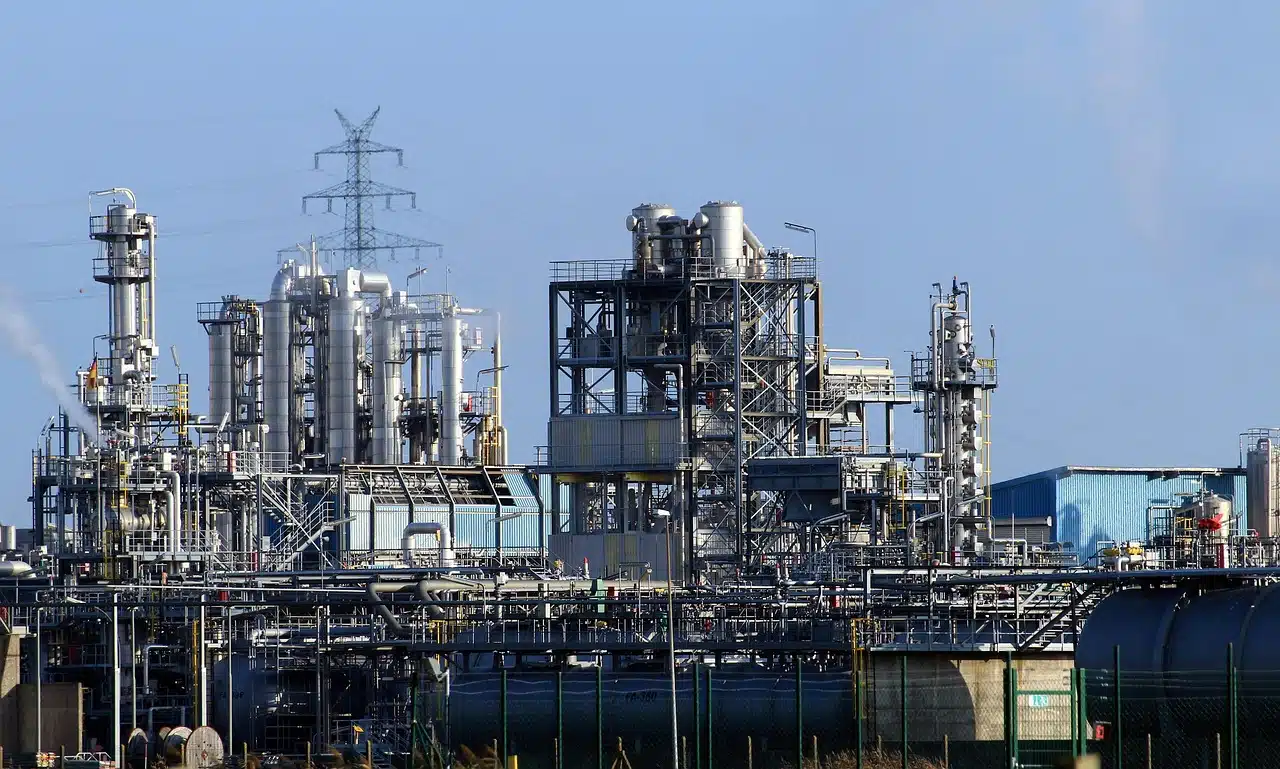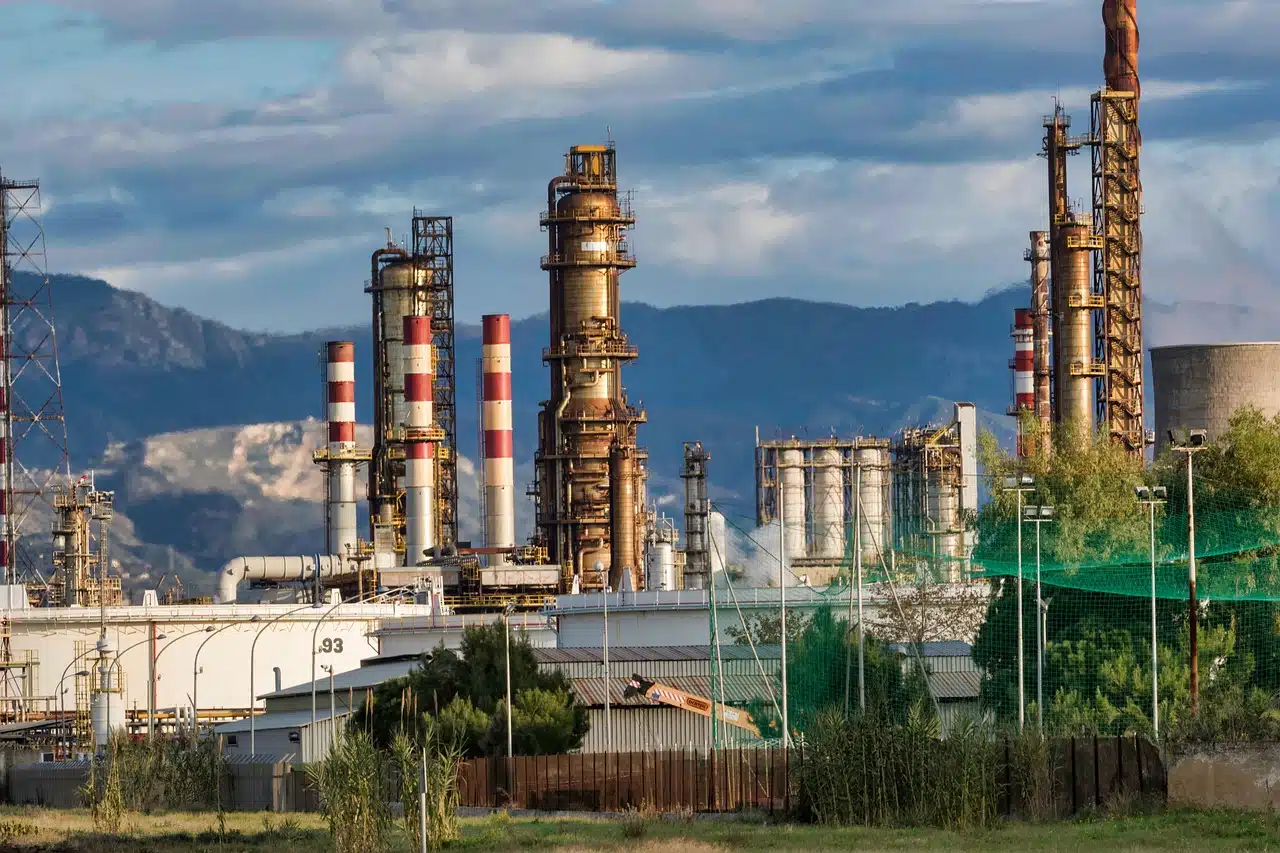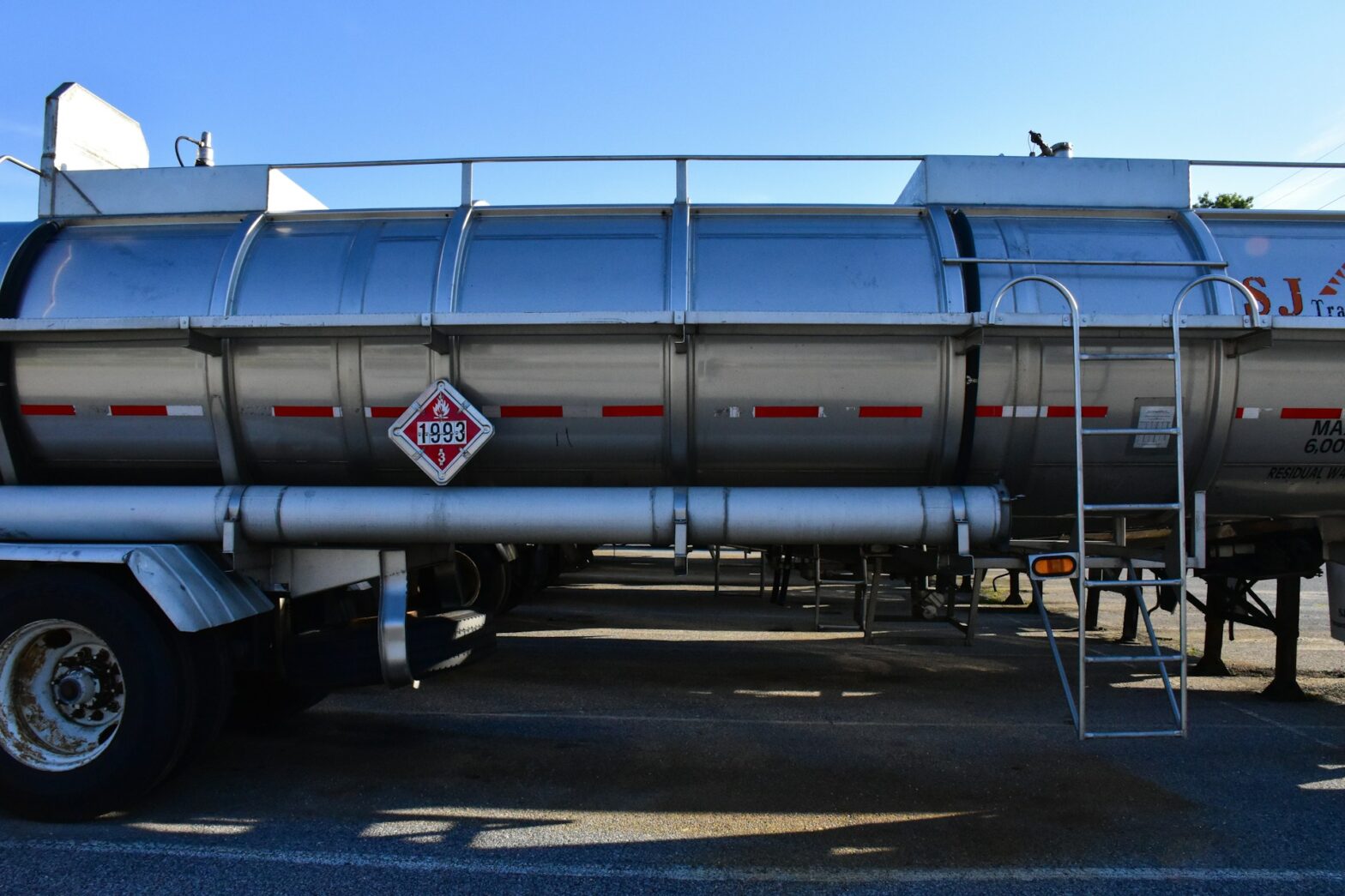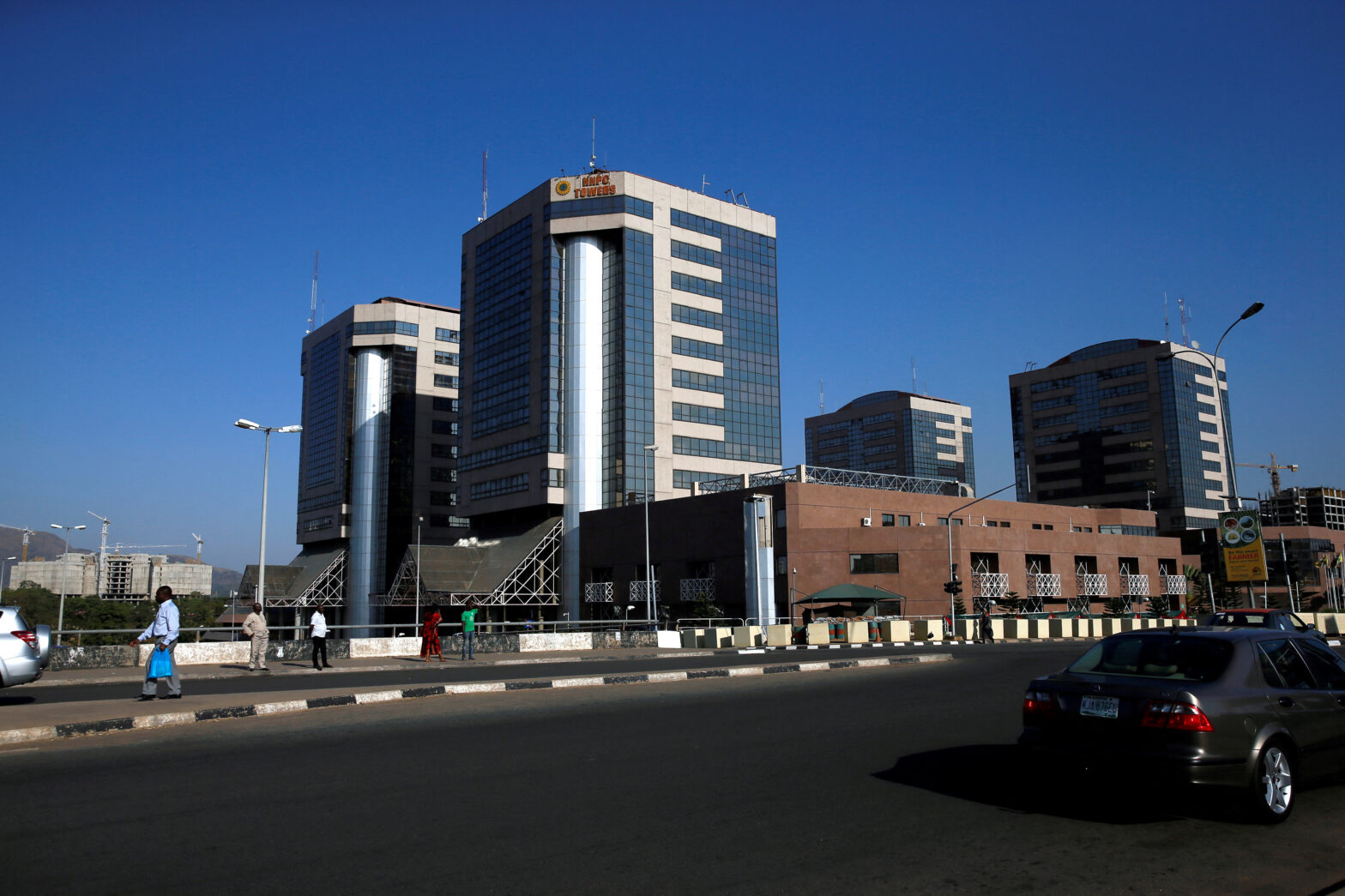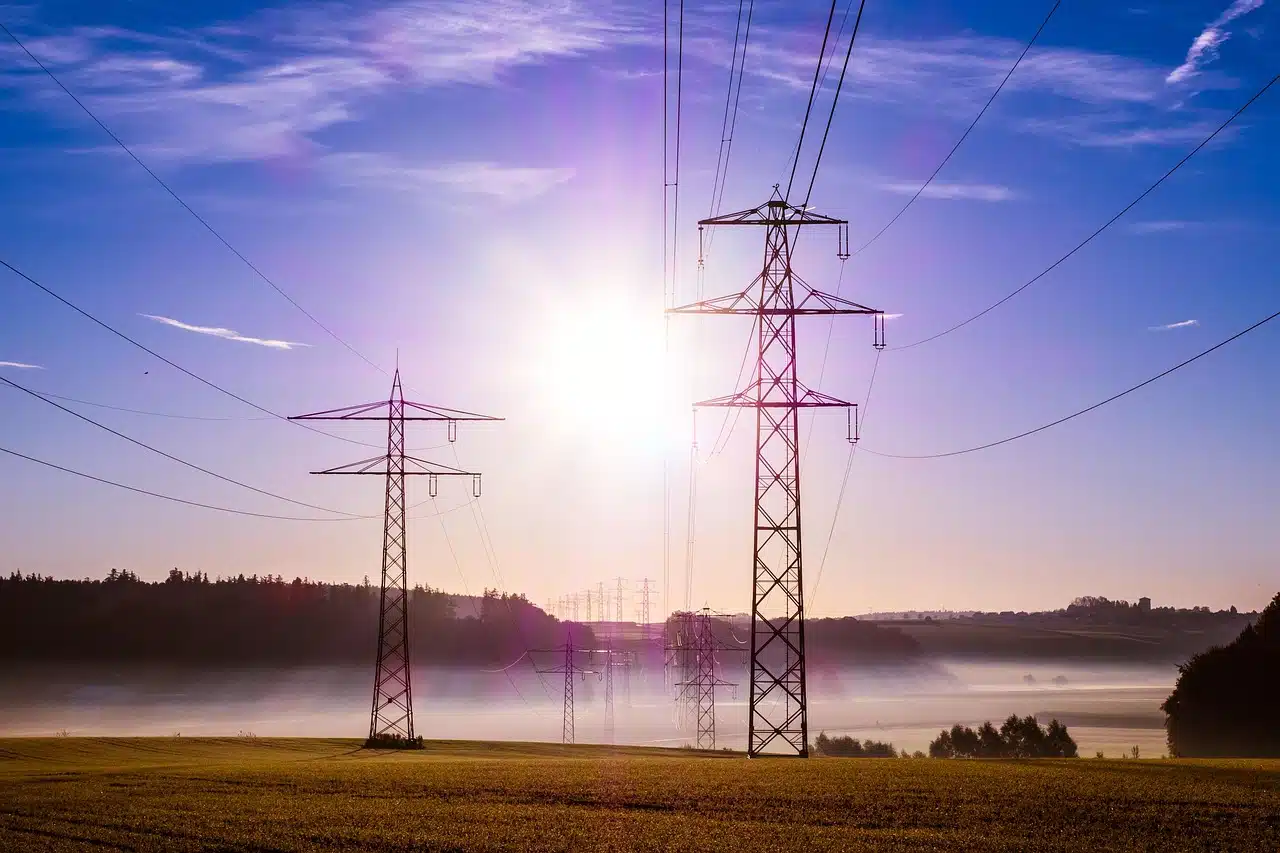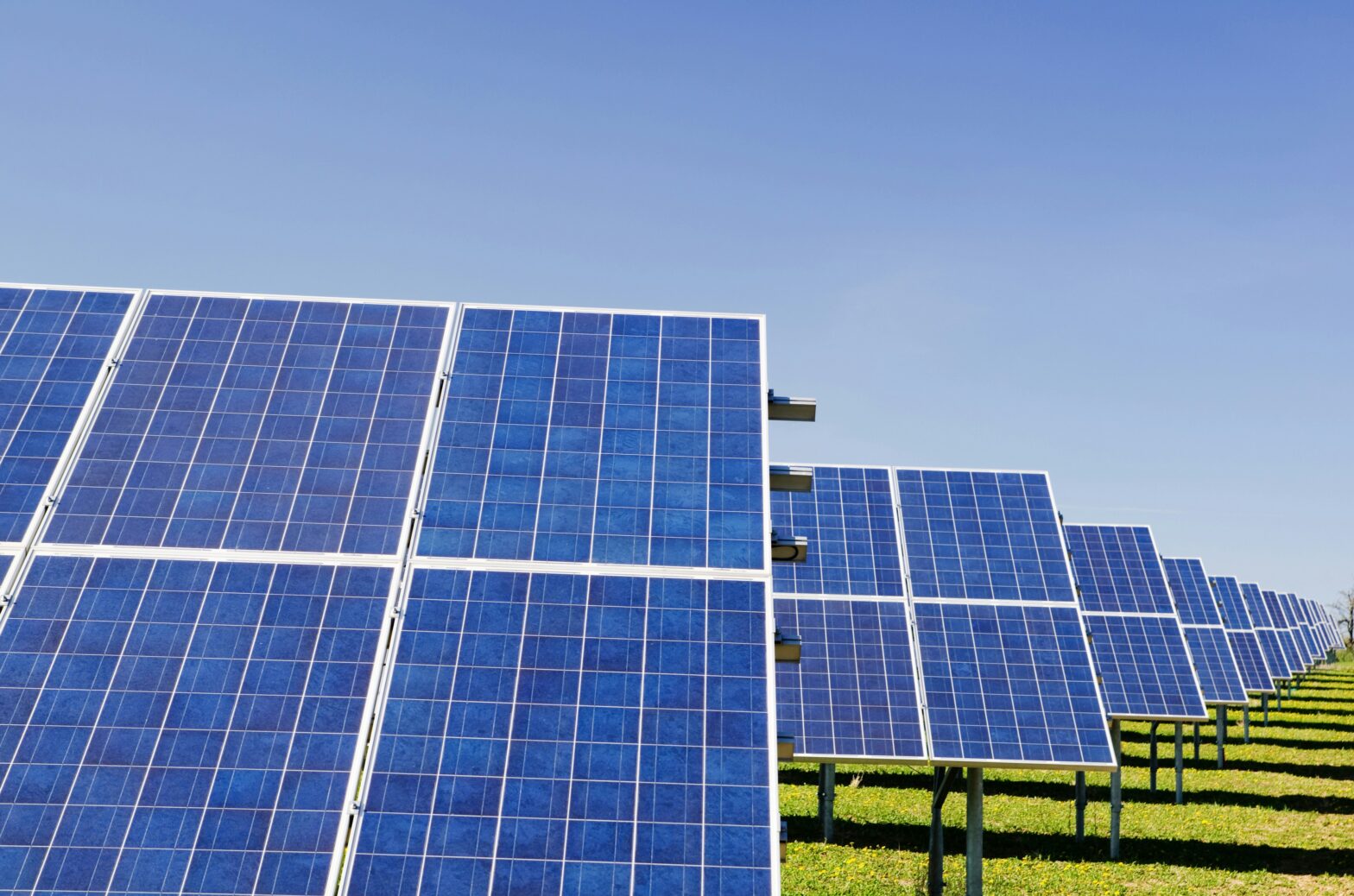In 2024, Nigeria’s crude production recorded a notable uptick, averaging 1.63 million barrels per day (bpd), according to the Q4 2024 Economic Report released by the Central Bank of Nigeria (CBN).
This growth was largely driven by increased output from 4 oil fields, alongside other oil streams and terminals across the Niger Delta and offshore basins.
The report revealed that Nigeria’s average daily crude oil output—excluding condensates—rose by 7.52% to 1.43 million bpd in Q4 2024, up from 1.33 million bpd recorded in Q3 2024.
According to the apex bank report, the following oil fields are responsible for the growth:
- Escravos
- Brass
- Qua Iboe
- Tulja-Okwuibome
Enhanced output was also reported from 10 other key fields:
- Bonga
- Okono
- Ajapa
- Bonny
- Forcados
- Yoho
- Erha
- Utapate
- Okoro
In addition, blended and unblended condensates contributed an average of 200,000 bpd, bringing Nigeria’s total daily oil output to 1.63 million bpd—a 5.16% increase over Q3 2024’s 1.55 million bpd.
Although still below the OPEC quota of 1.50 million bpd, Nigeria achieved 95.33% compliance, reflecting improved production efficiency.
Similarly, against the 2024 federal budget benchmark of 1.78 million bpd, Nigeria reached 91.57% of the target in Q4 2024.
The significant boost in Nigeria’s oil production has been attributed to ongoing efforts to combat oil theft, enhanced security around critical infrastructure, and strategic acquisitions by indigenous energy companies.
One of the most impactful moves was Seplat Energy’s $1.28 billion acquisition of ExxonMobil’s onshore and shallow-water assets in Akwa Ibom in December 2024.
The deal covered 48 oil and gas fields, multiple export terminals, and five gas processing plants—most notably, the Qua Iboe Terminal (QIT) in Akwa Ibom State.
Before the acquisition, these assets produced around 50,000 bpd.
However, Seplat has committed to more than doubling production to 120,000 bpd within six months by reviving dormant wells and investing in previously neglected infrastructure.
Beyond Seplat’s acquisition, the Federal Government of Nigeria has initiated plans to restart oil production in Ogoniland, a region historically central to the country’s petroleum development.
The resumption of operations in this area could further lift national production levels, providing a much-needed boost to government revenue and economic growth.



